| "What Is the Third Estate?" Abbé Sieyès (January, 1789) DBQ Worksheet |
|---|
| www.studenthandouts.com ↣ World History ↣ French Revolution ↣ French Revolution Worksheets |
|
The plan of this book is fairly simple. We must ask ourselves three questions. 1. What is the Third Estate? Everything. 2. What has it been until now in the political order? Nothing. 3. What does it want to be? Something.... Who then shall dare to say that the Third Estate has not within itself all that is necessary for the formation of a complete nation? It is the strong and robust man who has one arm still shackled. If the privileged order should be abolished, the nation would be nothing less, but something more. Therefore, what is the Third Estate? Everything; but an everything shackled and oppressed. What would it be without the privileged order? Everything, but an everything free and flourishing. Nothing can succeed without it, everything would be infinitely better without the others. 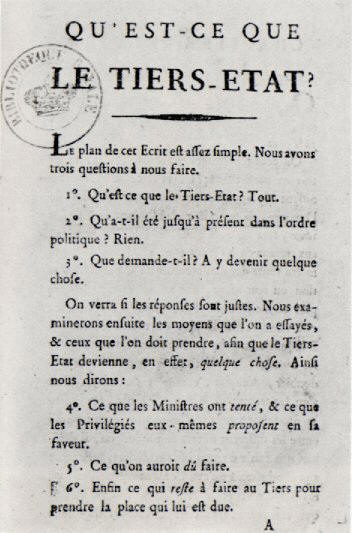 It is not sufficient to show that privileged persons, far from being useful to the nation, cannot but enfeeble and injure it; it is necessary to prove further that the noble order does not enter at all into the socialorganization; that it may indeed be a burden upon the nation, but that it cannot of itself constitute a nation.
It is not sufficient to show that privileged persons, far from being useful to the nation, cannot but enfeeble and injure it; it is necessary to prove further that the noble order does not enter at all into the socialorganization; that it may indeed be a burden upon the nation, but that it cannot of itself constitute a nation.In the first place, it is not possible in the number of all the elementary parts of a nation to find a place for the caste of nobles. I know that there are individuals in great number whom infirmities, incapacity, incurable laziness, or the weight of bad habits render strangers to the labors of society. The exception and the abuse are everywhere found beside the rule. But it will be admitted that the less there are of these abuses, the better it will be for the State. The worst possible arrangement of all would be where not alone isolated individuals, but a whole class of citizens should take pride in remaining motionless in the midst of the general movement, and should consume the best part of the product without bearing any part in its production. Such a class is surely estranged to the nation by its indolence. The noble order is not less estranged from the generality of us by its civil and political prerogatives. What is a nation? A body of associates, living under a common law, and represented by the same legislature, etc. Is it not evident that the noble order has privileges and expenditures which it dares to call its rights, but which are apart from the rights of the great body of citizens? It departs there from the common law. So its civil rights make of it an isolated people in the midst of the great nation. This is truly imperium in imperia. The Third Estate embraces then all that which belongs to the nation; and all that which is not the Third Estate, cannot be regarded as being of the nation. What is the Third Estate? It is everything. Questions: 1. Before the French Revolution, the French nobility argued that it operated to hold together the nation and social order. Does Abbé Sieyès agree with this idea? Why or why not? 2. Summarize the complaints Abbé Sieyès makes regarding the nobility. 3. Imagine that you are a French person reading Abbé Sieyès' pamphlet in early 1789, just before the meeting of the Estates-General. As a member of the nobility, how might you react? How might you react as a member of the Third Estate? Explain your answer. Click here to print. Answers will vary. |
 | 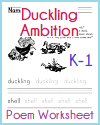 | 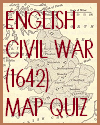 |  | 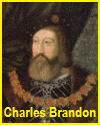 | 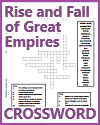 |
| French Revolution Books and Films | French Revolution Outlines and PowerPoints |
| French Revolution Maps and Pictures | French Revolution Study Games |
| French Revolution Miscellany | French Revolution Worksheets |
| www.studenthandouts.com ↣ World History ↣ French Revolution ↣ French Revolution Worksheets |








